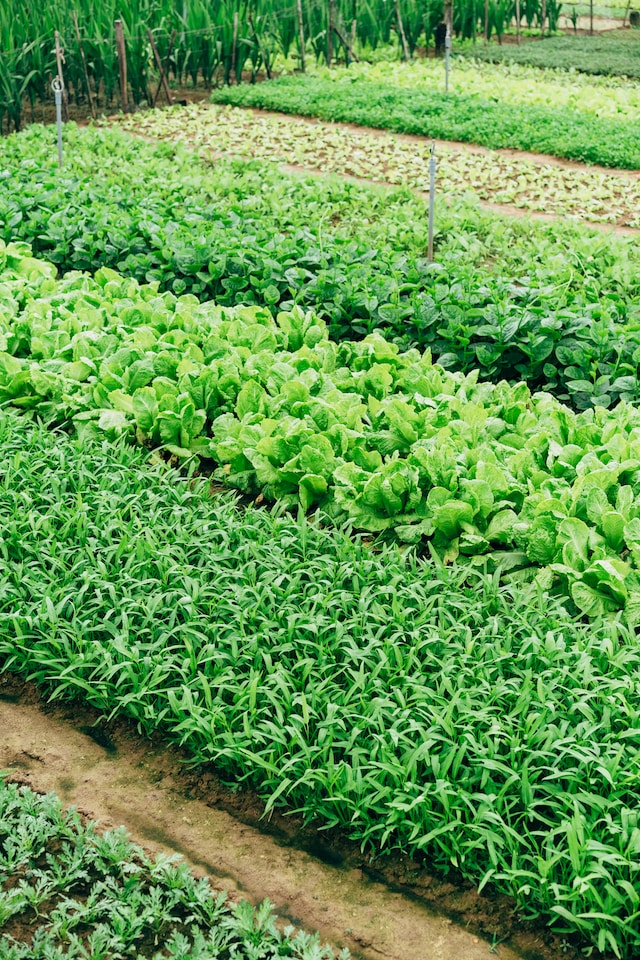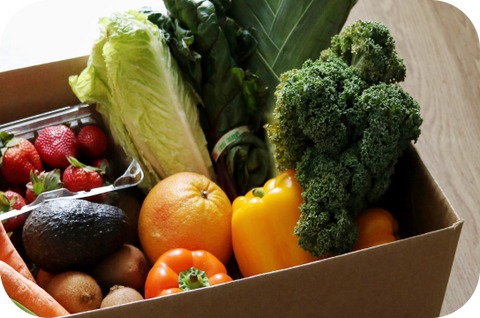

Your Groceries!
More Details Here
Curious about the difference between conventional and organic vegetables? With Peko's mystery assortment of produce, you receive both in your box! But what is the difference between the two and is one better than the other?
In comparison, conventional farming uses chemical-based methods such as synthetic pesticides, herbicides, and fertilizers to combat pests and provide plant nutrition, while organic farming relies on natural principles such as biodiversity and composting to cultivate healthy, plentiful produce. For context, at farmers markets, the produce you find is typically grown by local farmers and can be considered organic as they work hard to provide the freshest and healthiest produce. On the other hand, grocery stores often carry conventionally farmed produce that is mass-produced to meet high demand.
Each type of farming has a distinct impact on the environment and people. Conventional farming is known to contribute to increased greenhouse gas emissions, soil erosion, and water pollution, while posing risks to human health. Organic farming, on the other hand, has a smaller carbon footprint, prioritizes soil health and natural ecosystem replenishment, and avoids toxic pesticide residues, ultimately promoting cleaner water and air.
The benefits of organic farming are undeniable, with a focus on maintaining soil fertility, providing nutritious food, protecting the environment and human health, and promoting sustainable agriculture. In contrast, conventional farming primarily aims to produce large quantities of food and generate profits. Organic farming's holistic approach prioritizes the overall health of the world, including humans, animals, insects, plants, soil, water, and air.
In conclusion, understanding the differences between conventional and organic farming can help you make informed decisions when it comes to the food you consume. While both options have their benefits and drawbacks, it's important to consider the impact they have on the environment and our health. By supporting organic farming, we can promote sustainable practices and contribute to a healthier planet.
Sources:
